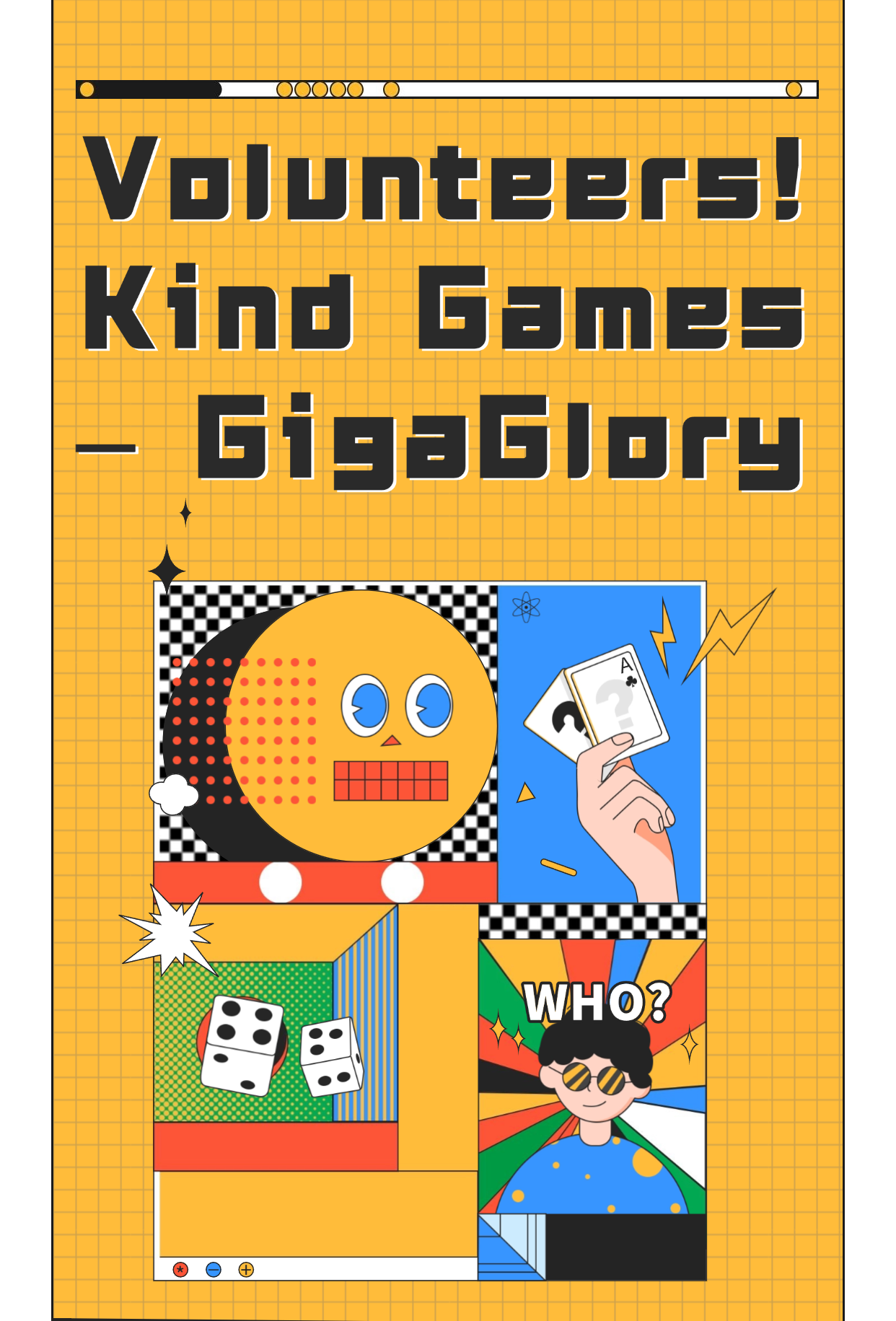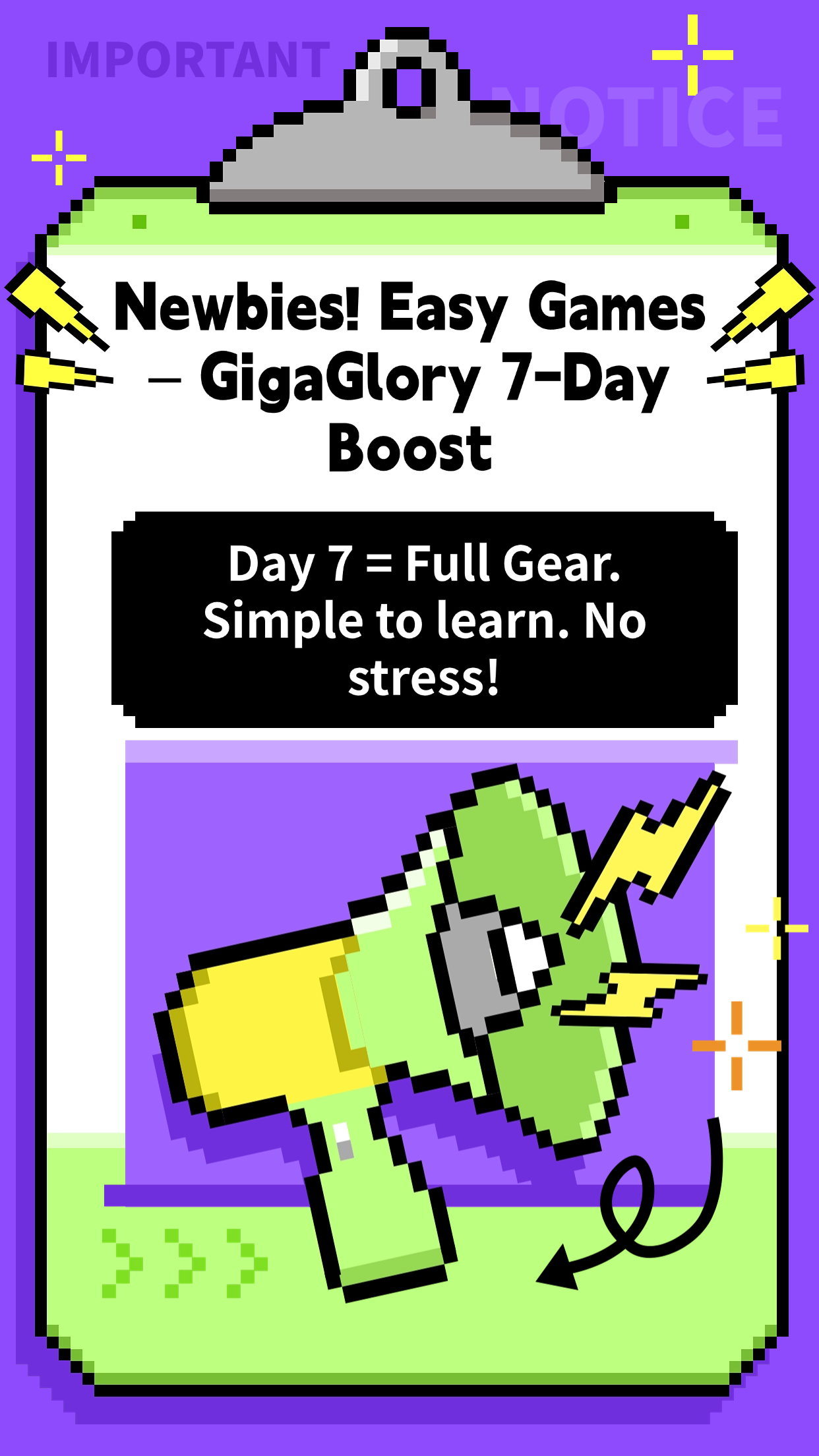The Surprising Boom of Idle Games in 2024
You wouldn’t think staring at a screen, watching numbers go up, would be addictive. But it is. Really. **Idle games** have taken over, especially when you add other people into the mix. These aren’t just pixel experiments from 2010 anymore — they’ve grown. And they're pulling in millions from Romania to Russia. Not with flashy graphics, not with story arcs. Just progression. Silent, endless growth. That’s the lure.
The core idea? Let time do the work. You tap once. Then walk away. When you come back — coins doubled. Skills leveled. Kingdoms expanded. Now? Throw multiplayer into that formula. Suddenly, your idle gold mine isn't solo anymore. Others watch. Compete. Help — or sabotage. And that? That keeps you coming back.
From Clickers to Connected Worlds: The Evolution of Multiplayer Games
Let’s rewind. Remember Cookie Clicker? You pressed a cookie. More cookies appeared. Eventually, auto-bakers kicked in. Then farms. Then… interstellar cookie empires? Fun. But lonely. There was no bragging rights. No way to shame your cousin for taking longer to reach billionaire cookie tycoon.
Fast-forward: modern idle titles now use server sync, live leaderboards, alliance systems. You might be idle — but the world around you isn’t. That blend? That sweet spot between passive gameplay and **multiplayer games** that buzz with activity — that’s where retention lives.
Romanians especially engage heavily with hybrid mechanics. A survey last quarter showed 68% of casual players in Cluj and Bucharest play some form of idle-MP title daily. Even during commute. Even in meetings (eyes on Excel — hands on device).
The Hidden Psychology Behind the Habit
Why can’t players stop?
It’s not fun in the traditional way. No adrenaline, no cutscenes. But there's a deep rhythm. A calm dominance over entropy. In your regular life, things decay. Bills pile up. But in an idle game? You start tiny — and your influence grows — without effort. That’s dopamine on autopilot.
- The longer you wait — the bigger the reward.
- The simpler the input — the deeper the engagement.
- The slower the action — the more addictive the check-in.
This taps into something primal. A silent triumph. And once others join? It shifts from satisfaction to status.
What Makes a Good Multiplayer Idle Experience?
| Feature | Why It Matters | Popular in |
|---|---|---|
| Global leaderboards | Fuels competition without requiring real-time action | East Europe & Turkey |
| Alliance bonuses | Makes idle activity socially rewarding | Romania & Serbia |
| Cross-platform sync | Players check progress everywhere — office, tram, bed | All urban zones |
| Silent or ambient audio (ASMR-like) | Reduces stress — enhances zoning out | Nordics & parts of Balkans |
ASMR Meets Gamification: The Rise of Free ASMR Game Vibes
You see these videos — low light, whispery triggers, someone slowly brushing a mic. Relaxing, right? Well, so are certain **free asmr game** hybrids. Think: ambient tapping, water drip sounds syncing with upgrades, soft chimes when levels reset.
These aren’t marketed as ASMR — but feel like it. No voice. Minimal visuals. Sound acts as reward system, not alert system. Romania’s younger mobile crowd (teens to late 20s) increasingly report playing “calm progression titles” before sleep. Less anxiety. No pop-ups. Just… growth. In silence.
A few developers noticed. One Latvian studio rebranded its mining idle sim as a *“peaceful economy sim”*. Downloads tripled in Romania alone. Not because it changed mechanics — but because it leaned into the vibe. The calm.
No Combat, No Problem: The Anti-Hustle Appeal
In 2024, attention is noisy. Games scream: LEVEL UP! SKILL TREE READY! QUEST AVAILABLE! But the idle-multi trend does the opposite. Notifications off. Interface sparse. Often, it’s a bar filling up. A number rising. Background audio like rain.
You aren’t told you're behind. No timers shaming your absence. That’s rare. That feels humane. For players fatigued by FOMO engines (looking at you, daily login bonuses), this passive space feels like a reprieve.
It’s not escapism. It’s counter-capitalism. A quiet rebellion: I built a tower. Not by grinding. Not with reflexes. But by existing.
Game Pass vs. Forever Free: The Ark Survival Ascended Game Pass Dilemma
Now — compare that to big-budget models. Take **ark survival ascended game pass**. Microsoft pushed it hard. Shiny. Steam Deck-ready. But look at retention curves: spikes on release day. Drop-offs by week two.
It demands attention. Time investment. A controller. Not exactly grab-it-on-bus casual play.
Idle multiplayer games thrive on exactly what Ark lacks: low friction. You don’t install them. You browser-click. Start. Walk away. Come back tomorrow. Still progressing.
The Game Pass model relies on volume: one-time purchase for months of content. But idle+MP runs on micro-engagement: check-ins every 4–6 hours. Tiny actions, big cumulative rewards.
In a way, they serve different tribes. Ark pulls hardcore survivalists. Idle+MP grabs the exhausted.
Cultural Nuances: Why Romania Is Ahead of the Curve
Sometimes adoption isn’t just about game design — it’s lifestyle. Romania has one of the highest rates of dual mobile usage: main phone for calls, second device for entertainment.
And many workers, especially in service, tech, or ride-share, aren’t desk-bound. Idle games fit their workflow perfectly. Open app. Boost economy. Lock. Back in pocket.
Wi-Fi is widespread. Data is affordable. Plus — the tradition of *cafe-gaming culture* has shifted to mobile. You used to hang at NetCafe with your CS clan. Now you join a coalition in an idle mining empire.
And unlike Western markets, where free-to-win is often ridiculed, here — it's expected. Pay-to-speed is fine. Not having access due to cost? Not okay. Free tiers must feel meaningful.
Hidden Risks Beneath the Calm Surface
It's not all Zen.
Beneath these relaxing surfaces, many idle+MP titles run sneaky economies. In-app currencies that expire in “events”. Limited alliances. Pressure disguised as peace.
And while core gameplay is free, top ranks? Usually occupied by whales. One Romanian player reportedly spent €2k in “optimization boosts” — for an idle gardening game. That doesn't sound idle at all.
Worse: some use sleep-disruption mechanics. “Come back in 5 hours for 200% yield!” That targets night checks. Ruins rest. Looks soft. Feels invasive.
Key points to remember:
Key Points
- True idle should require minimal decisions.
- Multipayer interaction shouldn't feel coercive.
- "Free" means meaningful progression — not just starter trial.
- ASMR-like audio is best when it doesn't manipulate mood.
- Avoid games that use anxiety as retention tool.
The Future: What’s Next After Passive Conquest?
You might think this is the endgame — tapping forever. But devs are testing new hybrids.
Imagine: an idle game that integrates with your smart home. Every kilowatt saved = in-game resource. Idle progress based on real-life habits. Eco-idle, perhaps.
Or blockchain-backed stats — so your 3-year empire isn’t wiped by a server shutdown. Though, ugh, *blockchain*. Let’s be real: most players don’t want that complexity. Just stability.
The most promising evolution? Localized idle worlds. Imagine: your server is Eastern Europe. Resources reflect regional myths — not generic orcs and coins. Dragons from *Balaur* lore. Fortresses shaped like fortified churches.
This level of cultural integration? That could make these games resonate even deeper — especially in Romania.
Are Developers Listening to the Quiet Revolution?
Sometimes. But not enough.
Too many teams still design idle games with the monetization mindset of action RPGs — pushing gear packs, timed summons, energy systems.
The ones who *get it* focus on emotional payoff. Not “winning” — but *feeling* consistent. Like life has a pattern. A flow. Where progress isn't shouted — it’s whispered.
Sadly, quiet doesn’t sell at conferences. Investors want viral metrics, day-one spikes. Idle growth? It's invisible. Slow. Steady. Boring to talk about.
But it’s powerful.
Wrapping Up: The Quiet Thrill of Doing Nothing
At the end of the day — or night, more likely, lit only by phone glow — we’re looking for moments of quiet agency.
**Idle games** offer that without the burden of performance. Tack **multiplayer games** onto it, and you add subtle belonging — not demand, just gentle presence. Add **free asmr game** textures? And you've crafted something close to digital therapy.
The irony? To win at these games — you don’t need to do anything.
Meanwhile, *ark survival ascended game pass* requires a commitment most simply can’t give.
Perhaps that’s the deeper truth. The real power isn’t in conquering virtual dinosaurs. It’s in finding peace while the game conquers itself.
We're tired. We're busy. But we still want to grow.
So we open a browser. Tap once.
Then walk away — victorious.



